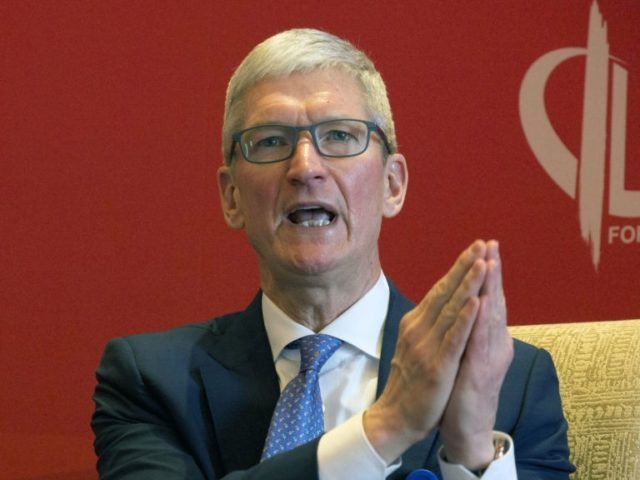In a recent article, MarketWatch questions whether video games could actually be Google and Apple’s weakness in antitrust cases. One venture capitalist commented, “These closed gardens feel like extortion. You need to pay to survive. It harkens to Microsoft and the Department of Justice investigation, and AT&T before that. With Apple and Google, it comes down to what is the ‘right’ take for the platforms? Thirty percent? 10%?”
In an article published by MarketWatch titled “Will videogames be the Achilles heel for Apple, Google in antitrust investigations?”Jon Swartz writes that gaming may be the secret weakness of tech giants such as Apple and Google in antitrust lawsuits. Swartz notes that as gaming grows more important for many Americans during the pandemic, it has highlighted the power that Google and Apple have over the billion-dollar industry.
Swartz writes:
Epic Games Inc.’s lawsuits against the online stores of Apple Inc. and Alphabet Inc.’s Google for punitive business practices associated with 30% fees could for the first time shine the anticompetitive light on so-called network-effects platforms that exhibit the deep reservoirs of power that tech’s largest companies wield, say gaming developers and experts in the field.
James Currier, managing partner at NFX, a Silicon-Valley-based venture capital firm, told MarketWatch: “This is an inflection point, and the start of a long-running debate on how these platforms push us right to the edge of what we are willing to pay.” Currier added: “These closed gardens feel like extortion. You need to pay to survive. It harkens to Microsoft and the Department of Justice investigation [in the 1990s], and AT&T before that. With Apple and Google, it comes down to what is the ‘right’ take for the platforms? Thirty percent? 10%?”
Adam Landis, chief executive of AdLibertas Inc., a company that helps mobile developers make money from apps, commented: “Ultimately the app developers are completely at the whim of the distribution store owners — it’s fairly often an app will be banned temporarily with no recourse. When customers ask us ‘do [we] have to pay the 30% Apple tax?’ our counsel is that the developer simply bite the bullet or devise an around-the-horn approach — Spotify is the best example of this.” Spotify filed a complaint against Apple with the European Commission last year.
Nvidia Corp. CEO Jensen Huang commented during an earnings call on Wednesday:
The gaming industry, with all that’s happening around the world, and it’s really unfortunate, but it’s made gaming the largest entertainment medium in the world.
The thing that people haven’t realized about videogames is that it’s not just a game itself anymore. You’re spending time with your friends. You’re using it to create, to realize your imaginations. People are using it for broadcast, for sharing ideas and techniques with other people, and then of course it’s just an incredibly fun way to spend time.
Swartz concludes:
With gaming industry profits at record levels, the decision on how they’re doled out has never been more important. Apple and Google, for example, are in danger of losing one of their most profitable titles, “Fortnite,” as they face greater antitrust scrutiny from legislators. (“Fortnite” hauled in $1 billion in player spending on Apple iOS devices through mid-May, based on estimates from mobile-app research company Sensor Tower, suggesting Apple received hundreds of millions of dollars from the hit videogame.)
Read more at MarketWatch here.
Lucas Nolan is a reporter for Breitbart News covering issues of free speech and online censorship. Follow him on Twitter @LucasNolan or contact via secure email at the address lucasnolan@protonmail.com

COMMENTS
Please let us know if you're having issues with commenting.